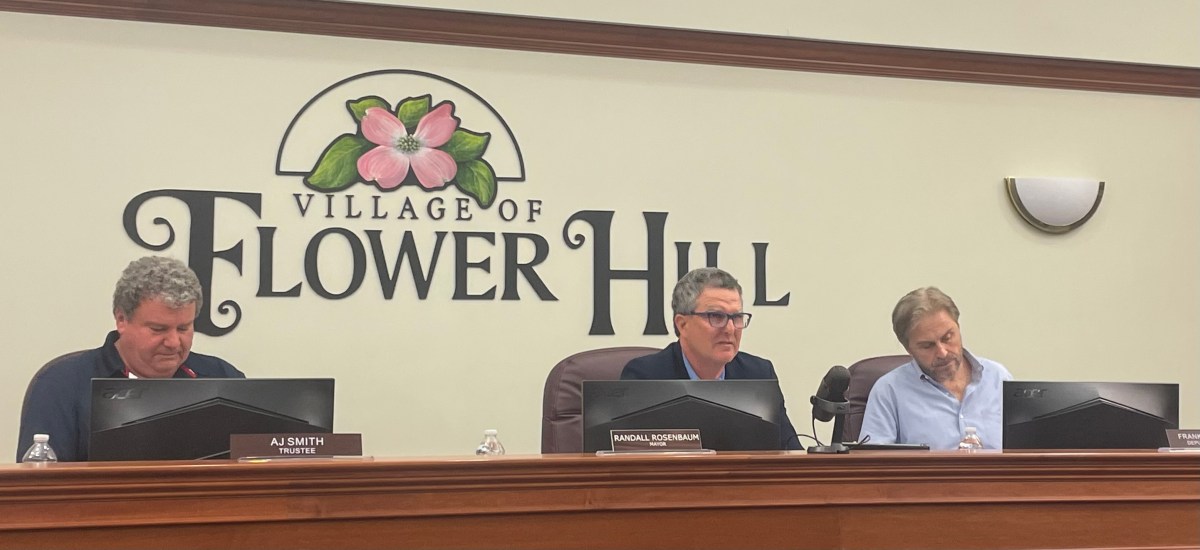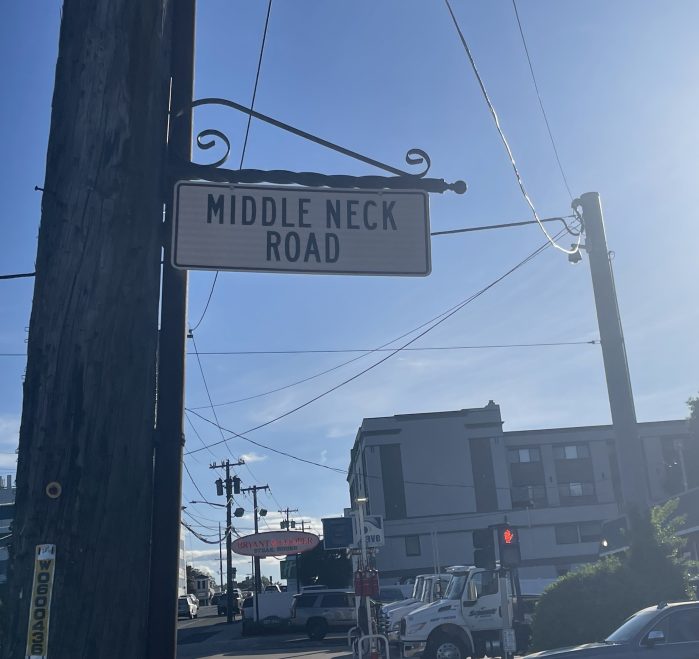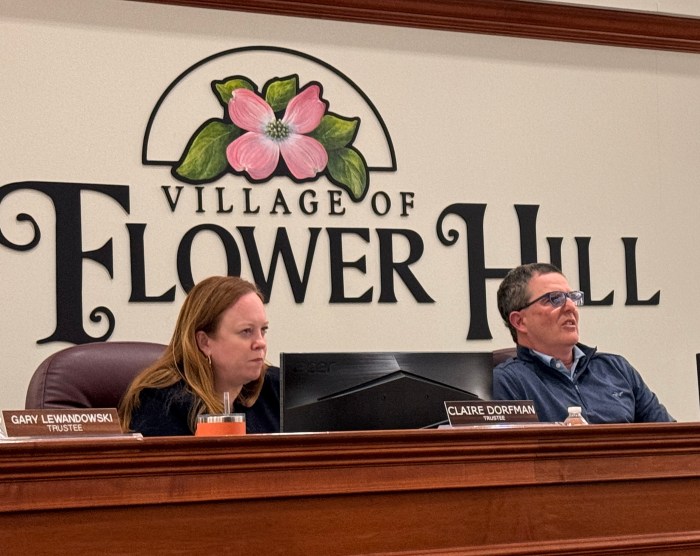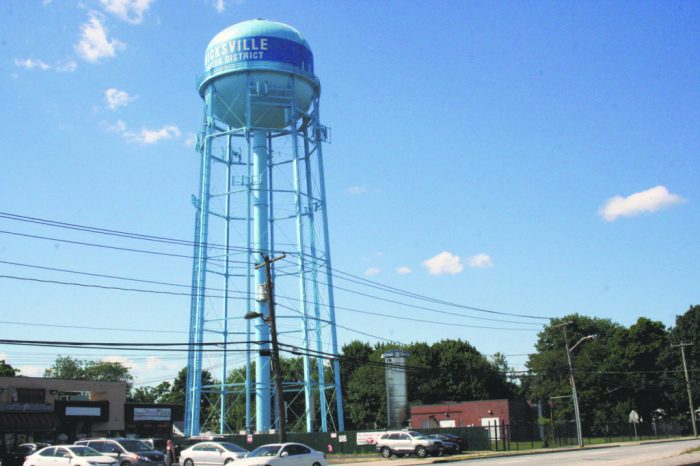The Flower Hill village board meeting featured spirited debate over the future of the village’s annual private security patrol, with several trustees questioning whether the expense continues to be justified, on Monday June 2.
The Monday, June 2, discussion was reignited by resident David Frankel, who spoke during the public comment portion of the meeting, urging the board to commission a formal risk-return analysis potentially conducted by a criminologist. Frankel, who previously raised the issue in March, said he remained unconvinced that the patrol significantly improves safety and worried the village was allocating taxpayer funds without data-driven justification.
“I think this needs to be explored and decided upon,” said Frankel, citing both anecdotal incidents and conversations with neighbors as evidence that many residents are unsure about the patrol’s effectiveness.
Trustees responded with a mix of caution and defensiveness. Trustee Mary Jo Collins acknowledged the need for data to address Frankel’s concerns, but Mayor Randall Rosenbaum balked at the suggestion of spending village funds on an outside criminologist. Trustee AJ Smith expressed frustration that the debate was continuing after the board had already approved the annual budget, including funding for the patrol, at the April meeting.
“We talked about this for almost a year,” said Smith. “The time to make these things happen, or not happen, was before we passed the budget.”
Smith voiced concern about setting a precedent of revisiting budgeted items each time a resident objects post-vote. “If a voter comes in next month and says they don’t like the medians, should we revote on that too?” he asked.
Despite the tension, board members confirmed that any trustee can introduce a motion on the issue at any time since the patrol is not governed by a local law requiring a public hearing. That said, Jeffrey Blinkoff, village attorney, advised that public notice and transparency were best practices to avoid community backlash.
Trustees also wrestled with the financial implications of eliminating the patrol mid-year. The board agreed that if the contract were canceled, the unspent funds could be reallocated within the budget or used to avoid future tax increases. However, some members worried that residents would object to continued high taxes without the perceived benefit of the patrol.
“It’s about $10 a month per household,” one trustee estimated, “but perception matters.”
The Nassau County Police Department currently handles official law enforcement duties in Flower Hill. Some trustees argued that the county’s high safety ranking may indicate the private patrol offers minimal added value. Rosenbaum maintained the patrol’s presence deters suspicious activity and has contributed to a decline in nighttime incidents.
The board plans to revisit the issue formally, possibly at its next meeting, with trustees emphasizing the importance of basing future decisions on objective data rather than anecdotal evidence.
The board began its first formal discussion on updating zoning code related to covered porches. The current code allows 10% of a home’s floor area to be allocated to an outdoor porch without counting it toward total floor area, a rule originally meant to encourage front porches and neighborly interaction. However, Rosenbaum noted that some residents have been applying the bonus square footage to accessory structures like pool houses, which was not the intent.
The board also unanimously passed a local law that requires that car covers must allow for the vehicle’s license plate to be visible. This change ensures that all stored vehicles are properly registered and identifiable.
The board will discuss code revisions at its upcoming meeting on July 7.


































